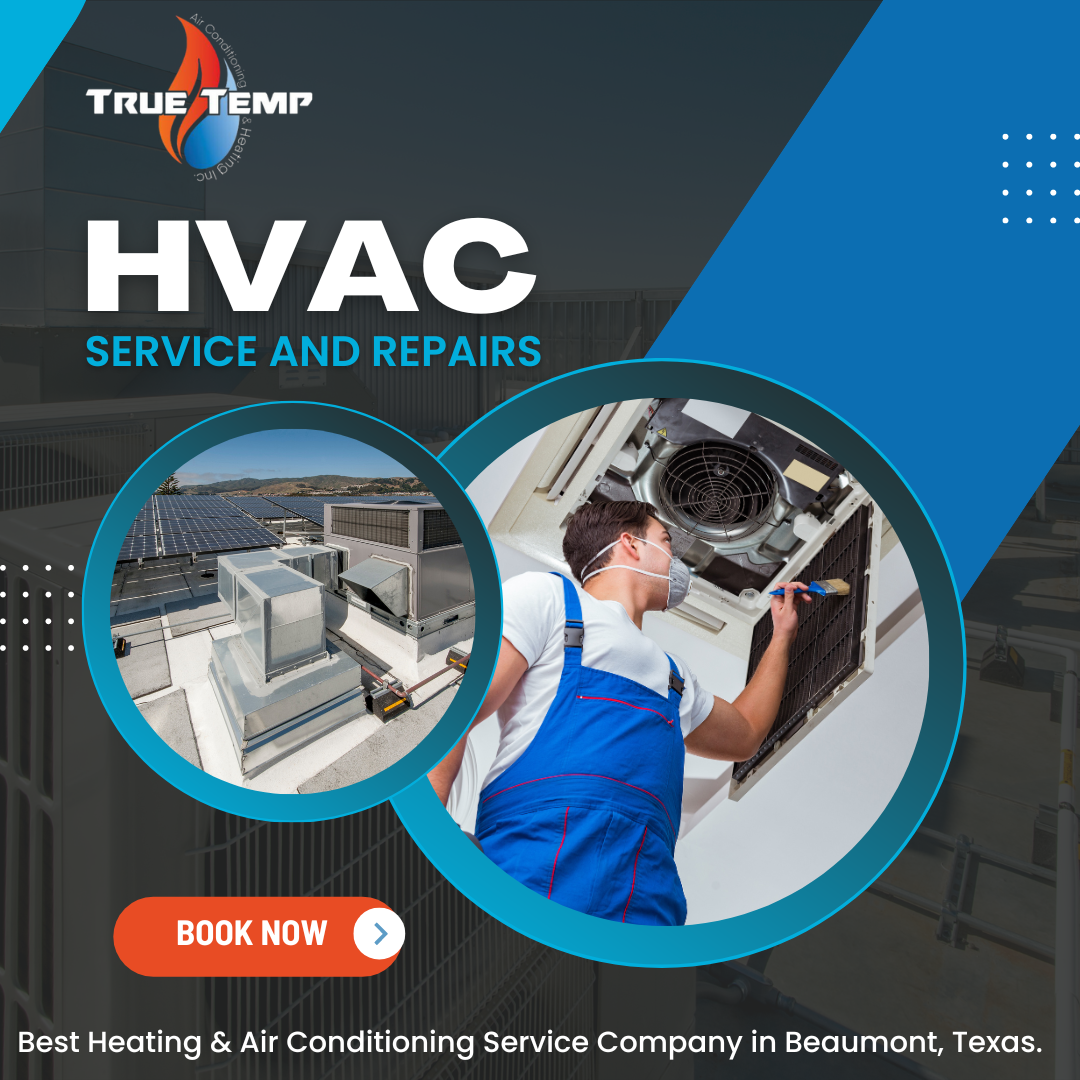HVAC systems are a vital component in regulating indoor comfort by controlling the heating, ventilation, and air conditioning of buildings. These systems account for a substantial portion of a building’s energy consumption—typically around 40% of the total usage. With such a significant role, understanding the common issues and failures that can impact their efficiency is crucial for maintaining optimal performance and energy efficiency.

Common Power Failures in HVAC Systems
1. Fan Failures: Fans are integral for circulating air throughout the HVAC system, accounting for approximately 34% of its energy use. Issues such as low fan speed, a worn fan belt, or incorrect pulley sizes can reduce airflow, leading to increased energy consumption. Regular checks and maintenance can help ensure that fans operate at optimal speeds and efficiency.
2. Refrigeration and Cooling Inefficiencies: Direct expansion refrigeration, including packaged air conditioners, consumes about 27% of HVAC energy. Problems with chillers or inefficient cooling due to outdated equipment can drastically reduce system performance.
3. Heating System Inefficiencies: Boilers and electric heaters, used for heating spaces within a building, make up about 17% of energy consumption in HVAC systems. Poor maintenance, sediment build-up in boilers, or malfunctioning heating elements can lead to significant inefficiencies.
4. Pump and Circulation Issues: Pumps facilitating the movement of hot and cold water through the system represent around 16% of energy usage. Issues such as clogged filters, worn components, or inadequate settings can impede water circulation, impacting overall system efficiency.
5. Cooling Tower Challenges: Cooling towers, which help expel heat from HVAC systems, account for 6% of the energy consumed. Problems here can include scaling, poor water treatment, or inadequate airflow, all of which can decrease efficiency and increase operational costs.
Factors Influencing HVAC Performance
Efficiency of Equipment: High-efficiency HVAC systems consume less energy and offer better performance. It’s crucial to ensure that all components are working effectively and are properly maintained.
Building Design and Orientation: The layout and design of a building can greatly affect HVAC loads. For example, buildings with extensive glazing in sun-exposed areas may require more cooling.
System Type and Configuration: The type of HVAC system — whether it’s a constant volume system or a variable air volume system — affects how energy is used. Understanding the specific system’s mechanics and ensuring it is configured correctly is key to optimizing performance.
TrueTemp HVAC’s Approach to System Efficiency
At TrueTemp HVAC, we understand the complexities of HVAC systems and the importance of keeping them running efficiently. Our expert team is equipped to handle everything from routine maintenance to complex repairs and system upgrades. We recommend regular inspections and prompt repairs to avoid costly downtime and ensure your system operates at peak efficiency.
Why Choose TrueTemp HVAC?
Expertise: Our skilled technicians are well-versed in all types of HVAC systems and can quickly diagnose and resolve issues.
Preventative Maintenance: We offer tailored maintenance plans to keep your system in top condition, helping prevent unexpected failures and extend the life of your equipment.
Energy Efficiency: We can help upgrade your system to more energy-efficient models, reducing your energy costs and improving indoor air comfort.
If you’re experiencing issues with your HVAC system or are unsure about its current state, don’t hesitate to contact TrueTemp HVAC. We’re here to ensure your HVAC system supports a comfortable and healthy environment all year round.
This revised blog entry not only informs about the common issues and energy distribution in HVAC systems but also positions TrueTemp HVAC as the solution for maintenance and upgrades, highlighting their expertise in enhancing system efficiency and reliability.
